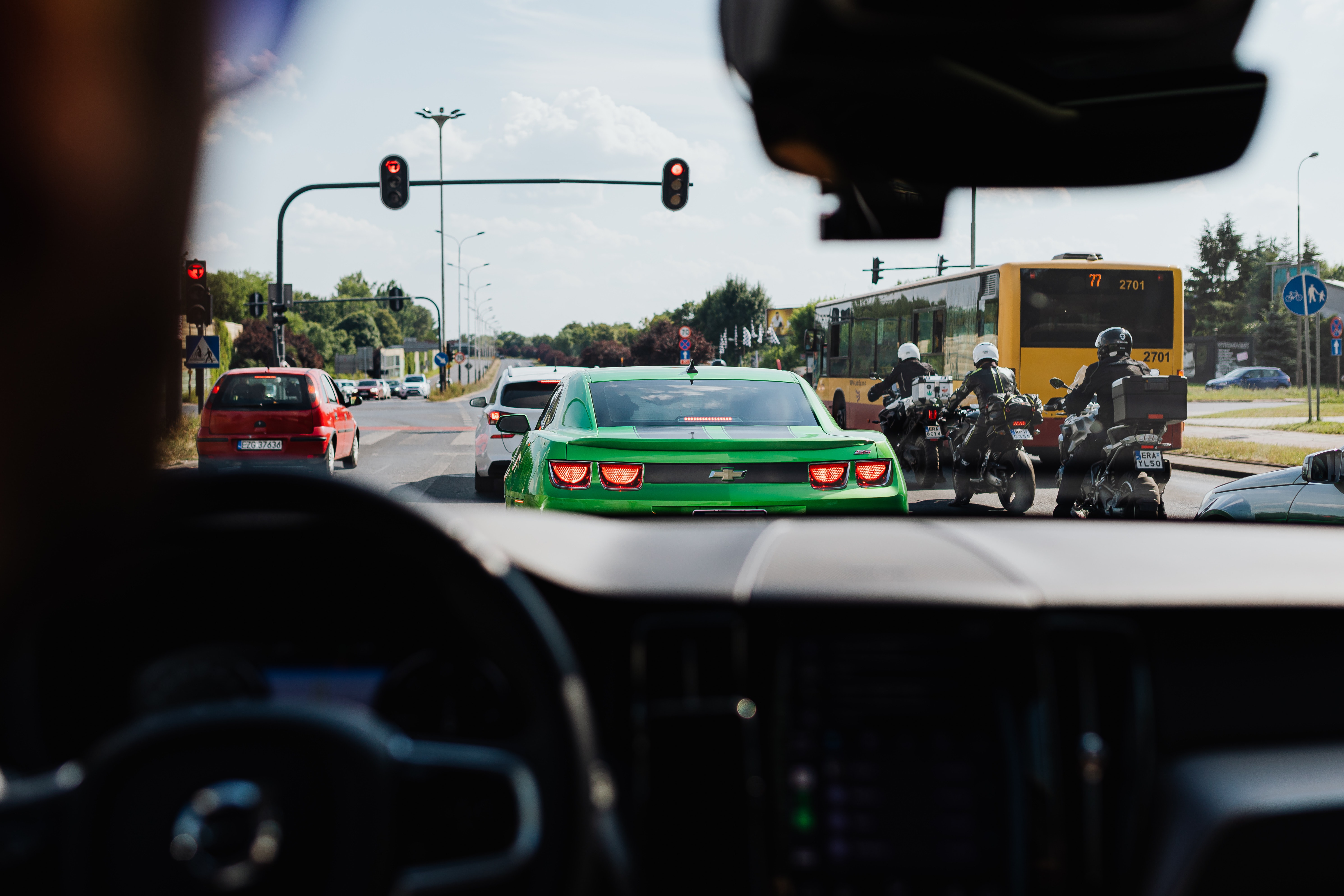Or have you ever experienced anger about someone else's driving style? What did you do under those circumstances? Most drivrs lose their composure and start swearing or acting aggressively.

Have you ever had the impression that someone is honking on the road carelessly without considering the circumstances? Or have you ever experienced anger about someone else's driving style? What did you do under those circumstances? Most drivers lose their composure and start swearing or acting aggressively. And as a result, there are more car accidents now. This, in the end, drives up insurance rates for everyone. This blog was created to better understand the effects of aggressive driving and road rage. If you have a history of aggressive driving or road rage accidents, keep reading to the end to uncover the best strategies to save money.
Road rage is abrupt, furious, or violent conduct by drivers that impair their ability to think clearly or drive. Yelling insults, reckless driving, and physical threats are all examples of road rage. Road rage-related automotive damage is caused by reckless driving behavior rather than an accident. Therefore, if a motorist begins a road rage incident that results in a collision and the insurance coverage doesn't cover it, the driver may be held financially responsible for the injuries and property damage in addition to being subject to criminal penalties. Road rage is a serious problem that may lead to violent confrontations or even disastrous accidents. Enraged drivers are more likely to make mistakes on the road, which might lead to road rage. Even worse, because incidents of road rage on roads and bridges are frequent, the ensuing automobile accidents can be extremely hazardous and involve several vehicles. In a recent report, the National Highway Traffic Safety Administration illustrated the terrible consequences of road rage. The National Highway Traffic Safety Administration estimates that more than 94 percent of automobile collisions are the result of human error. This category includes aggressive driving. It has grown to be such a serious issue that it is believed to be the root of almost one in every three auto accidents.
Despite a 13 percent drop in automobile traffic in the first year of the epidemic, there have been more road deaths, more speeding, higher violence, and more aggressive driving in the following two years. In the past two years, 30% of Americans have reported experiencing road rage. In comparison to other age groups, persons between 18 and 34 are the most likely to have experienced it, making up about 40% of the population. Nearly twice as many individuals saw idling driving over those two years. With 64 percent of people reporting seeing incidents, the Western United States had the greatest percentage of road rage incidents of any region. "When a person commits a sequence of moving traffic offenses that directly harm other individuals or property," is how aggressive driving is described. Examples include driving too fast, obstructing traffic, overtaking, changing lanes frequently and abruptly, honking at other vehicles when it's not necessary to do so, and failing to yield the right of way. These are violations for which a ticket may be issued. On the other hand, fury on the road is illegal. Prison time is the appropriate penalty. When one driver behaves violently against another, it happens. This includes using your car as a weapon, getting into a risky car pursuit, getting even with a driver who cut you off by bumping their bumper or getting out of your car, and brandishing a weapon in public. Legal repercussions may result from road rage. Road anger poses a serious threat since an assault might develop quickly. About 37% of occurrences involving road rage include guns. The criminal court system advises avoiding eye contact, gestures, and screaming while dealing with road rage. A deadly conflict might be started with just a gesture or horn blast. Although road rage incidents are usually caused by aggressive driving, the law views aggressive driving as a minor traffic offense whereas road rage acts are considered crimes and are subject to harsh penalties, license suspensions, and insurance cancellation. Additionally, incidences of road rage may result in an increase in insurance costs.
Small offenses like running red lights or unlawful overtaking may mount up rapidly. If you engage in too many acts of road rage, your driving record will be penalized with more points. If you accumulate a certain number of points, the state may revoke your license. A safety course may help you get rid of a point, but significant infractions and license suspensions brought on by road rage will show up on your record for at least a decade. This record is routinely checked by the Department of Motor Vehicles (DMV) and insurance companies.